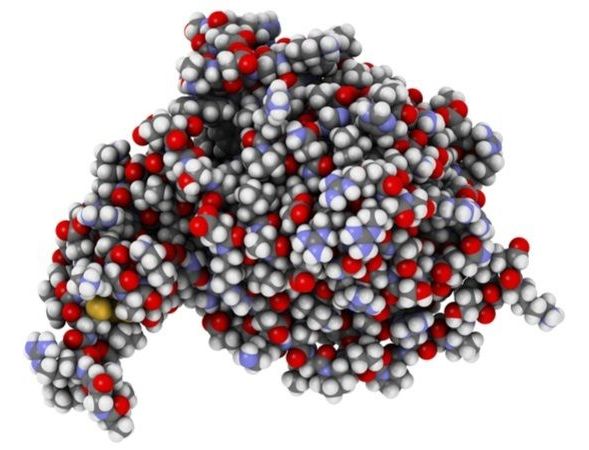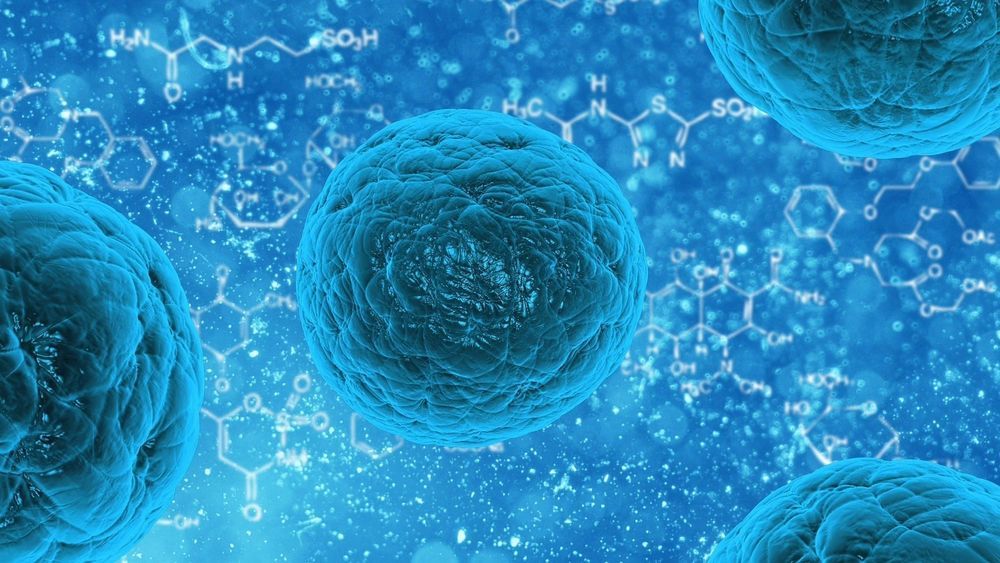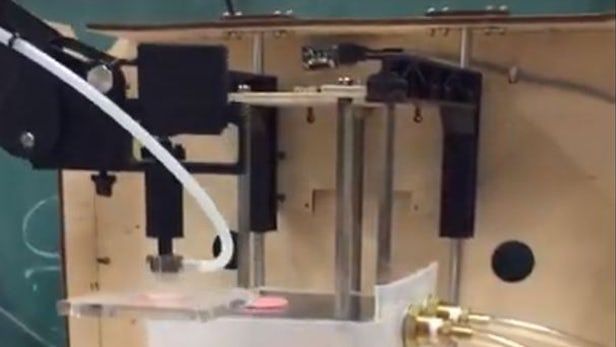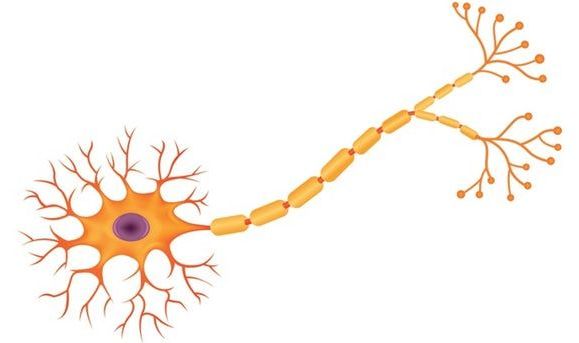Apr 24, 2019
More Insights into the “Longevity Gene”
Posted by Steve Hill in categories: biotech/medical, life extension
Sirtuins have long been implicated in playing a role in the longevity of various species, including our own, and researchers at the University of Rochester have now discovered more supporting evidence that they do.
What are sirtuins?
Sirtuins are a family of proteins that facilitate cellular function and have long been known to play a role in aging. In particular, they are responsible for functions such as gene expression and are involved in DNA repair. It has long been understood that sirtuins played a role in aging, but the key factor in how well they function is the presence of nicotinamide adenine dinucleotide (NAD+), a coenzyme found in all living cells. NAD+ biology is central to deregulated nutrient sensing and a reason why we age, and sirtuins play a key role in this biology.
Continue reading “More Insights into the ‘Longevity Gene’” »

















